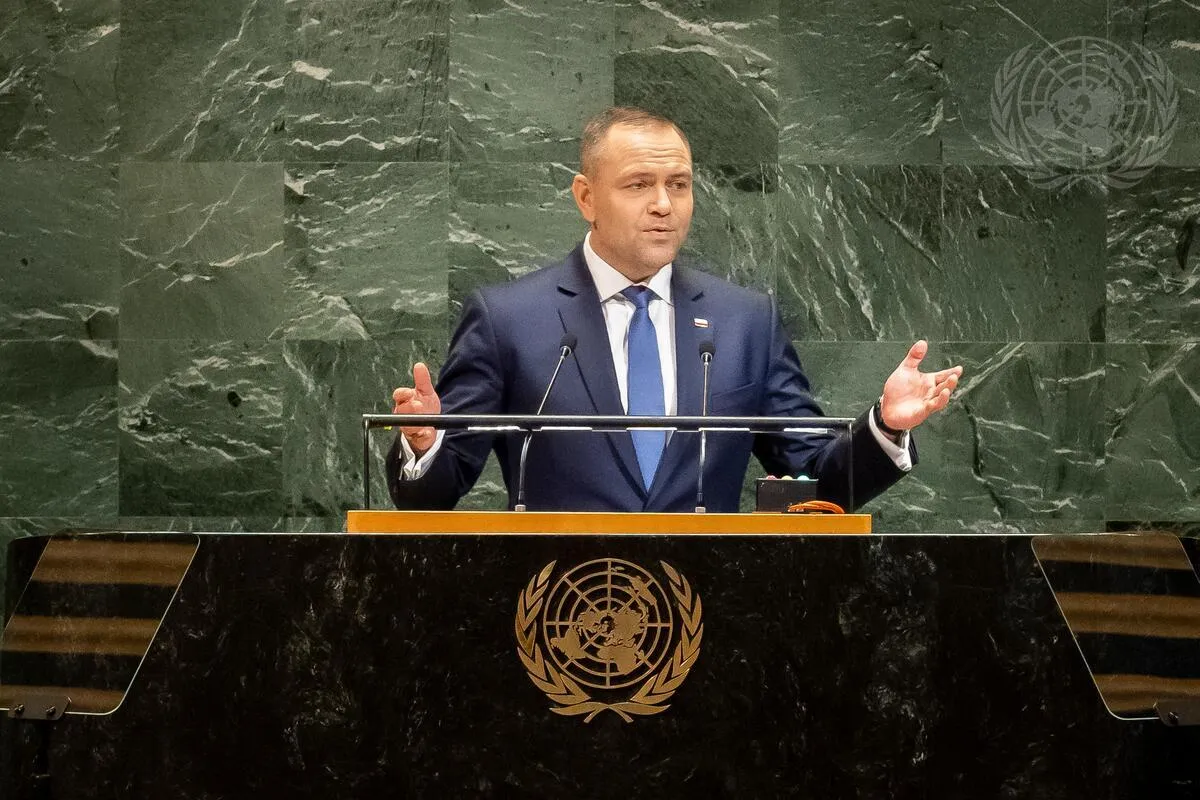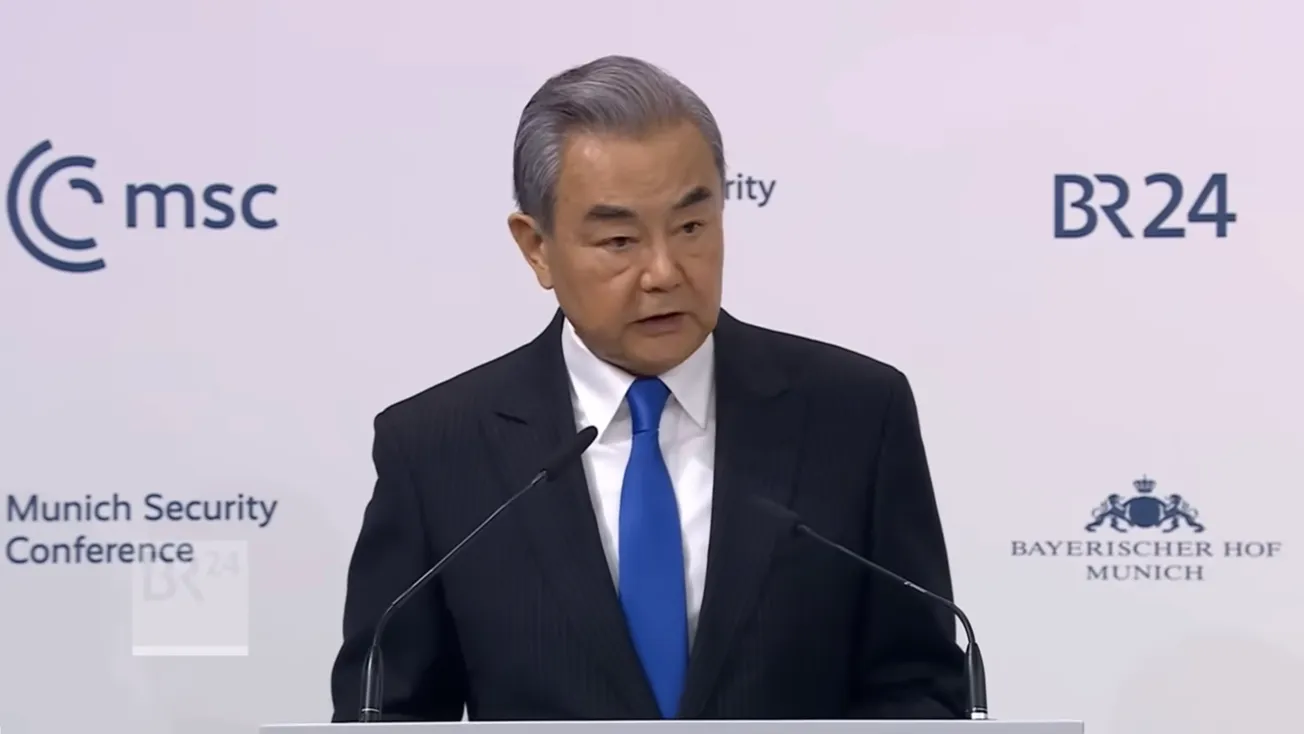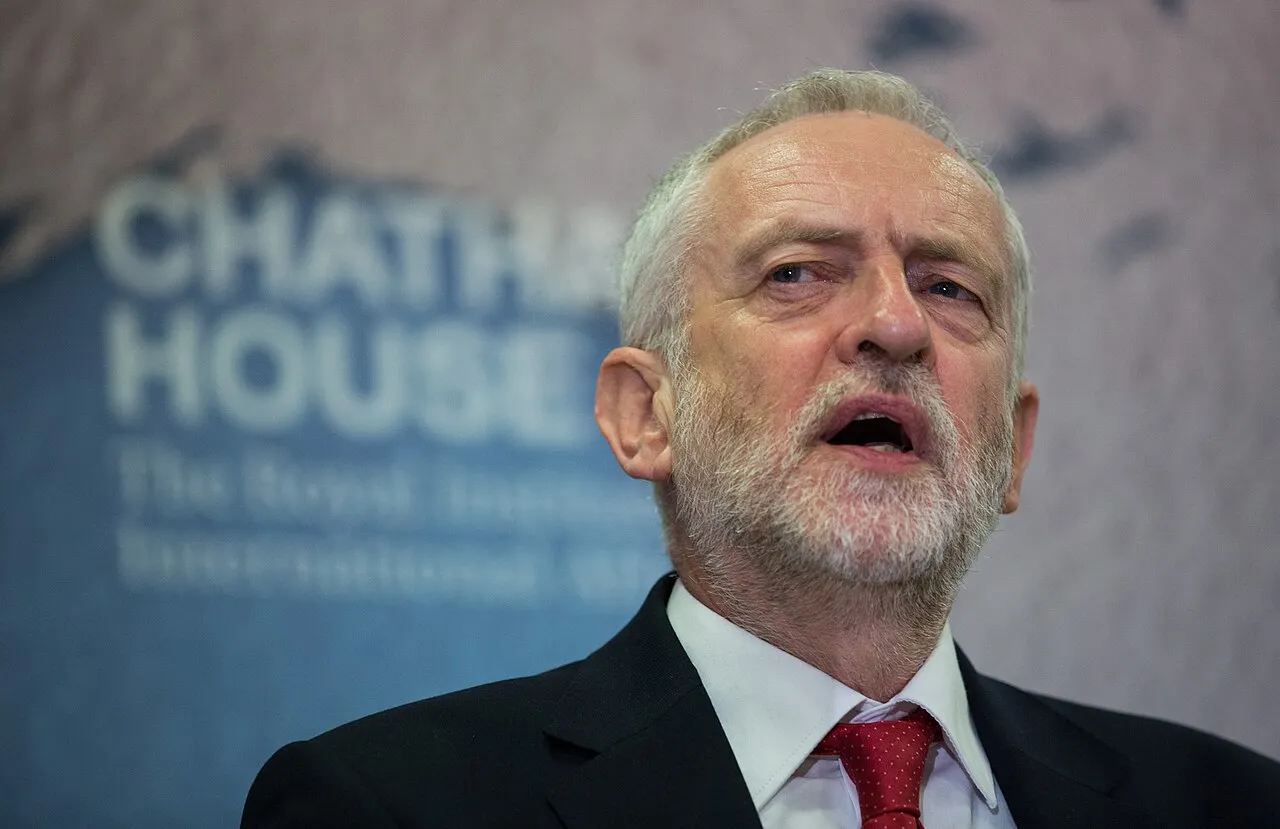Today’s G-20 Leaders’ Summit on Afghanistan, hosted by G-20 rotating president Italy, agreed “in principle” on the need for a major humanitarian intervention in the country in order to avert an economic, banking and healthcare collapse that is now looming, should no aid be forthcoming. Speaking last night, UN Secretary-General General Antonio Guterres warned, “Respecting international law and principles, we have to find ways to inject liquidity into the economy for the economy not to collapse. If we do not act and help Afghans weather this storm, and do it soon, not only they but all the world will pay a heavy price.” Prior to the meeting, the International Rescue Committee warned that Afghanistan is headed toward a “humanitarian meltdown,” and urged that pledges made earlier this month for aid now be made to “frontline humanitarian actors” to prevent a complete healthcare system collapse. According to Reuters, only 37% of pledges of financial aid the UN needs for the rest of this year have been received.
The unanimous message delivered by all nations attending the summit was that they are willing to provide financial assistance to Afghanistan, but only through UN or other international channels until the Taliban “proves” by its actions that it can be trusted. Italian Prime Minister Mario Draghi, who chaired the meeting, did say that it would be necessary to negotiate with the Taliban to get humanitarian aid distributed, the Associated Press reported, but he quickly added that this by no means implied recognition of the Taliban regime. All speakers felt compelled to point out that the Taliban had failed to live up to its promises to form an inclusive government or respect rights of women and girls, and the rights of all children to be educated regardless of gender..Despite promises of assistance, only the European Union made a specific pledge of 1 billion euros ($1.15 billion); nor was there any discussion of when development aid might be resumed, and given directly to the Taliban—beyond the immediate crisis. European Commission president Ursula Von Der Leyen in fact insisted that beyond this specific sum, the EU still needed the Taliban to meet certain benchmarks before overall development aid would be unfrozen.





